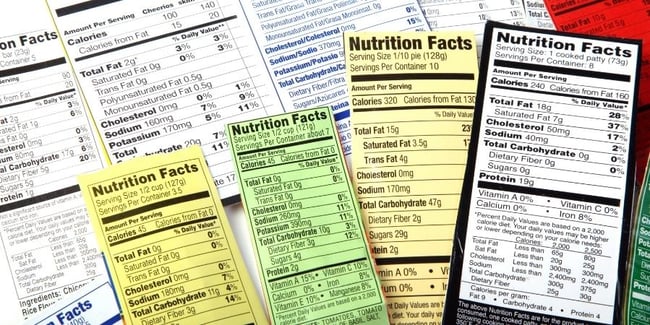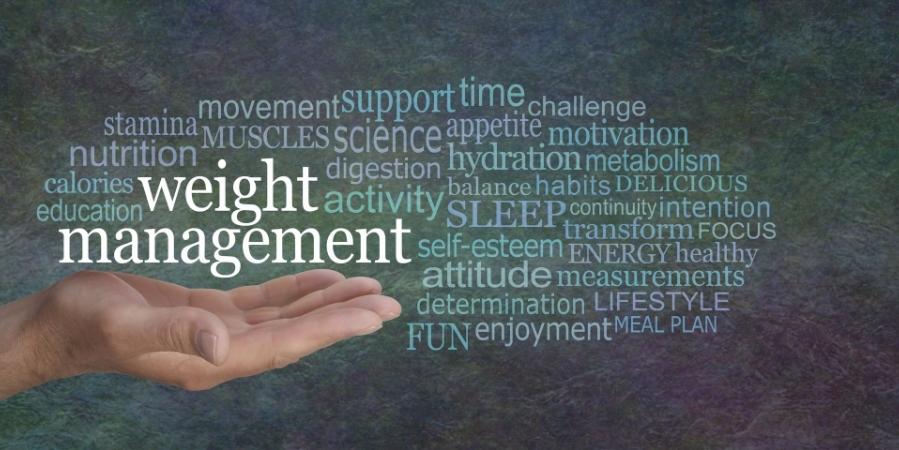Weight Management and Macros
A key part of weight management is understanding what calories and macros are and how they play into your diet. In nutrition, macros consist of carbohydrates, protein, and fats. Calories are not a macronutrient but a unit of measurement for energy and in food, it is the amount of energy that food contains. You may have heard the terms “counting calories” and "counting macros" but what do they mean and why do people do it?

One of the biggest reasons why people count calories and macros is to help with weight management. Weight management Goals vary from person to person; some may want to lose weight, others gain weight and muscle and others are happy to maintain a healthy weight. Counting macros and calories coupled with a healthy meal plan can be useful in weight management.
Setting a Calorie and Macro Baseline
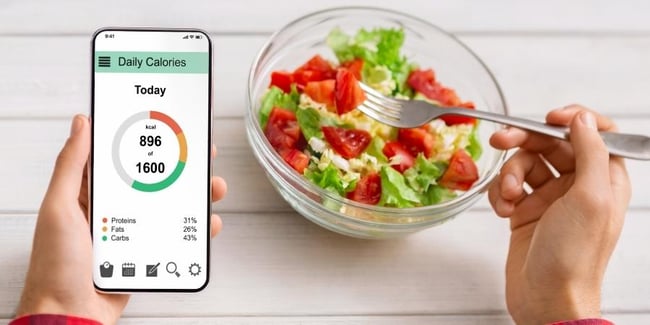
1. Calorie Baseline
The baseline caloric intake is approximately 2,000 calories per day. The recommendation for macro intake is based on 2,000 calorie diet. Calories are the first and most prominent value on a nutrition label after the serving size. The calorie is the overall energy in food. A more accurate caloric intake your caloric intake is based on the above variables of age, height, weight, and physical activity level. Your weight management goals will drive your caloric intake. The consensus is to be in a caloric deficit from your calorie requirement and to gain weight you should be in a surplus.
2. Macro Baseline
Next up is setting a macro baseline. When counting your macros it is important to calculate what your macro baseline should be based on your age, height, weight, and physical activity level. You can find several macro calculators on websites found here. Furthermore, using a macro calculator can help you determine a more accurate macro count based on your health goals. The macro calculator can also help establish a more accurate calorie baseline driven by your levels of fitness and goals.
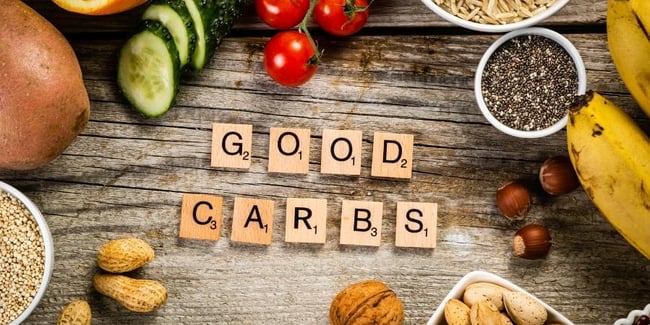
Next comes Carbohydrates. Carbohydrates (Carbs) are your energy makers, and the recommendation for Americans is that carbs should make up 45-65% of total daily calories in 2000 calorie diet. However, this is only a recommendation and again depending on health goals will be different.
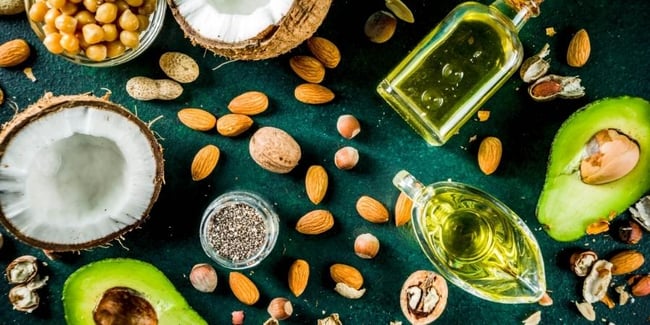
Next are your Fats: 20% to 35% of your total calories should come from fat. That is about 44 grams to 77 grams of fat per day if you eat 2,000 calories a day. Limit or avoid foods high in saturated trans fat. These types of foods are likely to be found in fast foods or in processed foods that are high in sugars.
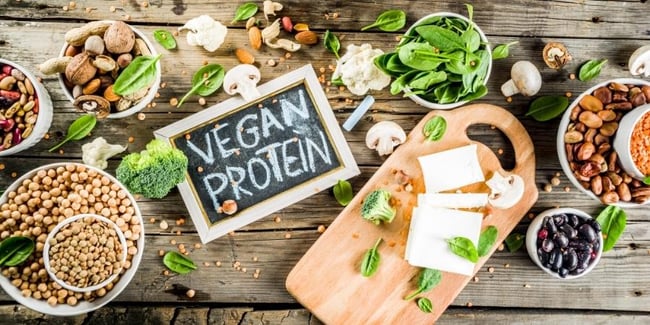
Lastly are your proteins: 10% to 35% of your calories should come from protein. Based on 2,000 calories diet, then 200–700 calories or 50–175 grams should come from protein. The recommended dietary allowance to prevent deficiency for an average sedentary adult is 0.8 grams per kilogram of body weight.
Understanding Nutrition Labels
This tip can be easily overlooked but the difference between a serving and portion size is vital to weight management. A “Serving Size” is the nutritional values that are provided on a food’s nutritional label often found on the back of the packaging. Sometimes, the food package will provide the total values and it will read “Servings Per Container.” Again, this is a total of all the servings and not a single serving. This is where portion control becomes can affect weight management. Portion size is the amount of food you consume in a sitting or at a single time. You can see where not controlling portions will provide a skewed macro count.
Maximize your Calorie and Macro Counting
Avoid Crash Diets
Counting calories alone can be a pitfall. If the goal is to gain healthy weight in the form of muscle, then foods high in protein should be the goal. A high-calorie diet that is high in fats and carbohydrates often found in fast foods will lead to overweight and obesity. Similarly, a low-calorie diet with those same types of foods deprives your body of those critical micronutrients (vitamins) that support so many functions in the body!
Low carb or no-carb diets have gained popularity but carbs are essential for the body. When consumed appropriately they can help prevent certain diseases, are critical for cognitive function, help control weight, and are critical to cognitive function. Limit simple carbs that are found in unrefined and processed foods and consume complex carbs, which are high in those micronutrients and take longer to digest, leaving you fuller longer. A healthy diet should be balanced working in tandem with attainable goals to help manage weight so you can be your healthiest!
An Easy 3-Day Meal Plan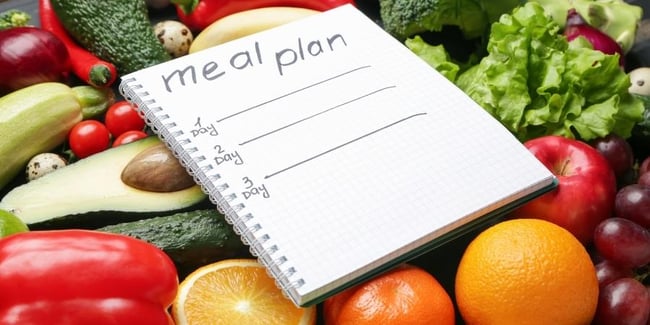
Below is a 3-day meal plan to show a macro count per serving. All the meals below are from recipes found here at Assuaged!You can build your meal plan with values too, even if it is not pre-packaged by utilizing a site such as Eat This Much to help count out calories and macros of any recipe as you build them into your meal plans! If you like recipes in the meal plan, Assuaged has many more! Use the meals and links provided to help start counting macros or at the least to better understand the nutritional values of food. Now that you have some of the basic tools and a source of great recipes you can expand on this meal plan and create one that suits your needs!
ASSUAGED 3-DAY VEGAN MEAL PLAN
|
Meal (Per Serving) |
Day 1 |
Calories |
Fats |
Carbs |
Protein |
|
Breakfast |
Vegan Maca Root Pancakes (2) |
274.0 |
1.1 |
42.4 |
7.8 |
|
Oatley Greek Style Yogurt |
145.0 |
10.0 |
10.0 |
3.3 |
|
|
Snack |
Banana |
105.0 |
0.4 |
27.0 |
1.3 |
|
Almonds |
164.0 |
14.2 |
6.1 |
6.0 |
|
|
Lunch |
Roasted Brussel Sprout Ginger Tofu |
370.3 |
16.2 |
55.2 |
16.3 |
|
Snack 2 |
Protein Shake (Vegan All in One) |
140.0 |
3.5 |
10.0 |
20.0 |
|
Dinner |
Sweet Potato/Black Bean Quinoa Bake |
292.3 |
2.9 |
56.8 |
11.2 |
|
Buffalo Cauliflower |
107.5 |
2.2 |
15.9 |
6.7 |
|
|
Totals |
1598.0 |
50.5 |
223.4 |
72.5 |
|
|
Meal |
Day 2 |
||||
|
Breakfast |
Tofu & Kale Scramble |
292.6 |
17.8 |
18.4 |
19.6 |
|
Spicy Sweet Potato Hash |
156.4 |
6.9 |
22.9 |
2.0 |
|
|
Snack |
Banana |
105.0 |
0.4 |
27.0 |
1.3 |
|
Almonds |
164.0 |
14.2 |
6.1 |
6.0 |
|
|
Lunch |
Avocado & Kale Farfalle |
317.3 |
21.6 |
28.6 |
6.3 |
|
Snack 2 |
Protein Shake (Vegan All in One) |
140.0 |
3.5 |
10.0 |
20.0 |
|
Dinner |
Black Bean Burger |
320.3 |
8.2 |
49.8 |
12.7 |
|
Summer Salad |
309.4 |
21.0 |
22.9 |
10.7 |
|
|
Totals |
1805.0 |
93.5 |
185.6 |
78.5 |
|
|
Meal |
Day 3 |
||||
|
Breakfast |
Vegan French Toast w/Maca Topping |
448.1 |
3.4 |
73.4 |
8.4 |
|
Snack |
Banana |
105.0 |
0.4 |
27.0 |
1.3 |
|
Almonds |
164.0 |
14.2 |
6.1 |
6.0 |
|
|
Lunch |
Super Simple Chickpea Salad |
320.0 |
20.0 |
26.0 |
6.0 |
|
Snack 2 |
Protein Shake (Vegan All in One) |
140.0 |
3.5 |
10.0 |
20.0 |
|
Dinner |
Vegan Grilled Tofu Satay on Zucchini |
293.3 |
9.8 |
40.5 |
15.2 |
|
Totals |
1470.4 |
51.3 |
183.0 |
56.9 |
|
|
3-Day Totals |
4873.5 |
195.3 |
592.0 |
207.8 |
Check Out Our 'Be Your Highest' Products
Curious to try CBDA Ashwagandha Gummies? Check out our new products made with organic hemp seed oil!.png?width=538&name=CBDA-Gummies-FB%20(1).png)
References










